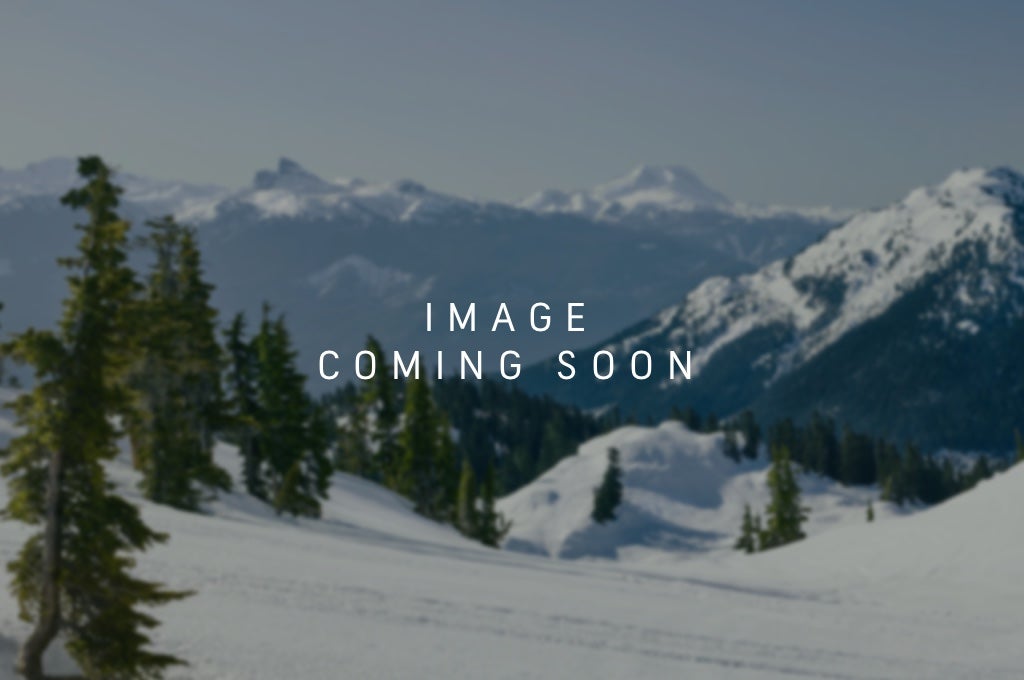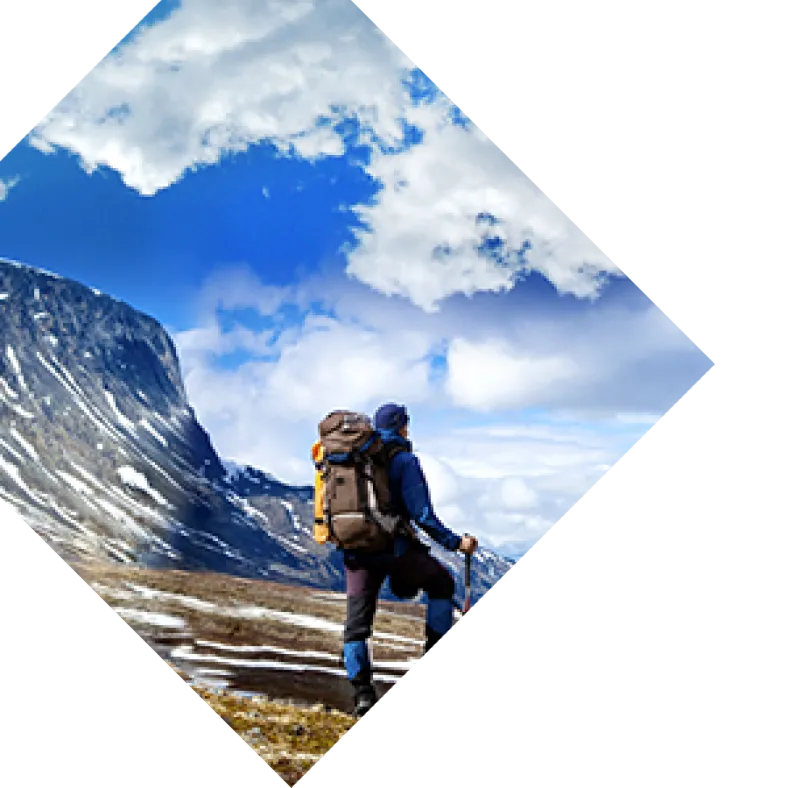The smell of a campfire, the sound of laughter, the feeling of memories being made. The idea of camping sounds great, doesn’t it? But if you’re thinking about adding ‘camper’ to your list of skills, it can also sound intimidating. Worry not. We have an array of ideas and information to help make sure your camping experience is enjoyable! 
Camping basics
First off, you’re going to need the right gear. The list can get long: tent, tent footprint, sleeping bags, sleeping pads, tools, light sources (headlamp, flashlight, lantern), food, equipment to prepare the food (camping stove, grill, campfire), etc. And that’s just the bare-bones; you’ll still need all the usual stuff that you bring for hiking and other outdoor adventures.
Five camping tips for the beginner camper:
- Rent or borrow camping equipment. Don’t go overboard when purchasing for your first camping trip. It can be hard not to, but look to friends and family to borrow items you may need. You can also rent equipment, if you’d like to give it a try before you commit to a full purchase.
- Test your equipment before you head out. Do not rely on the instruction manual to help you out in the wild. Try out any new gear, tents, stoves, etc. so that you know how they work before you’re in the middle of nowhere.
- Think you have enough clothes? Throw in one more fleece. Think you have enough water? Better safe than sorry: pack another gallon. As a beginner camper, it’s better to have too much, rather than not enough.
- Bring flip flops. You’ll be thankful to have a throw-on pair of sandals for the showers or for use around the campsite. Especially if you’re planning to explore the trails around your camp, it’ll be nice to switch out of your hiking boots.
- Research your destination. What is the weather like? Are there any restrictions in place? What dangers could you encounter (animals, poisonous plants)? Read up on your intended campsite, hiking trails, and activities so that you know what to expect and can prepare accordingly.
Camp cooking tips
As much as we may have tried to as a kid, you can’t live off roasted marshmallows. If you plan to spend your days hiking, kayaking or climbing, you need to prepare proper meals to keep you fed and hydrated for all of the intended activities.
Five camp cooking tips and tricks:
- Do the prep work at home. Prior to leaving, do most of the cutting and preparing of ingredients at home. That way, once you’re ready to eat at the campsite, you can just pull out your prepped meal and warm it up over the fire. Some ideas: scrambled eggs, burritos, beef and potato tin foil dinner, foil packed veggies.
- Bring quick snacks. You won’t always want to whip up a big campfire meal. Bring along quick snacks like apples, peanut butter, granola bars, and beef jerky to keep you nourished at the campsite and on any day adventure.
- Secure all food and trash. This is a post-dinner tip, but always ensure your food and food trash is properly sealed in your car or in a bear bag high in a tree. Never keep food in your tent.
- Make meals you actually like. Just because you’re sleeping in a tent, doesn’t mean you can’t still eat well. Make walking tacos or steaks or even pizza! There are campfire recipes for almost all your favorite meals. But don’t skip over the classics either, there’s nothing like a campfire hotdog.
- Don’t forget about dessert. While you shouldn’t have roasted marshmallows as your main course, definitely go for dessert after dinner. Campfire orange cinnamon rolls, campfire banana boats, and campfire cones are all tasty treats to try out!
Fun camping ideas
Planning for a little fun is always a good idea, especially if this is your first time camping. Even if you plan to explore the area, you may have downtime in the morning or night.
Five fun camping ideas:
- Plan a scavenger hunt for the kids. Add commonly found items such as trees, flowers, and animal tracks. You can also add tasks such as skipping rocks, hiking to a waterfall, hearing a songbird, etc. Design a hunt with your kids’ interests in mind or check out pre-made lists on Pinterest. There are many different options available.
- Ask about becoming a Junior Ranger. Many national parks offer young visitors the opportunity to join the National Park Service "family" as Junior Rangers. The activity-based program will allow your children to complete a series of activities, share their answers with a park ranger, and receive an official Junior Ranger patch and certificate.
- Go geocaching. Prior to arriving, research if there will be any geocaches in the area where you’ll be camping. Just remember the three rules of geocaching:
- If you take something from the geocache (or "cache"), leave something of equal or greater value.
- Write about your find in the cache logbook.
- Log your experience at geocaching.com.
- Bring games. This isn’t the most exciting tip, but it can be easy to overlook as you worry about all the equipment and camping gear to pack. Bring along cards or your favorite board games to play. Embrace game time sans technology!
- Pack a hammock: Snuggling up with your favorite books and swaying beneath the trees. What could be better? If you’ve never set up a hammock before, REI has tips on how to use one responsibly.
Camping hacks, tips, and tricks exist all over the internet. If you’re worried about anything, there’s probably a solution just a few clicks away. Take a deep breath, and just go for it. Rent equipment, pack your bags, and go enjoy nature for a weekend. Stay safe, and remember to Leave No Trace.





